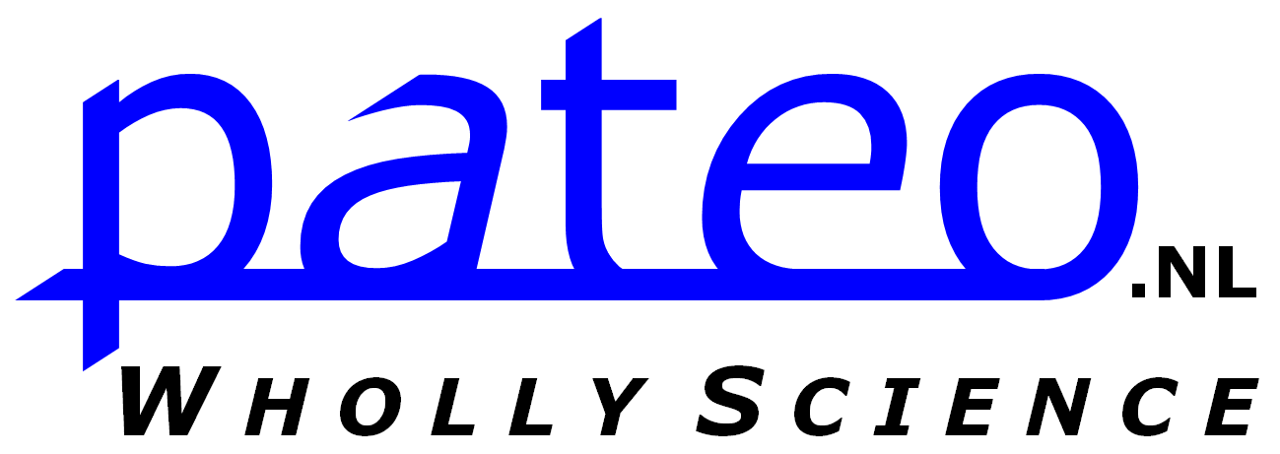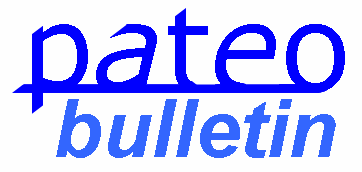


 |
 |
 |

Tomorrow, we celebrate Pentecost. This name is derived from the ancient Greek word for fiftieth: Πεντηκοστή, which transliterated becomes ‘Pentekoste’. This indication is very meaningful, because when Easter is counted as Day 1, Pentecost is indeed always Day 50. So, Pentecost simply means ‘the 50th day (from Easter)’. The name ‘Pentecost’ is therefore nothing but a sort of numeral, namely “fiftieth” (day from Easter).
However, there is a clear difference between the naming of tomorrow’s holidy between Romanic (or Romance) languages on one hand, and Germanic languages on the other hand. Romanic languages are all derived from Greek through (Vulgar) Latin. But, according to my theory, this was not the case for Germanic languages. My research results show that Greek originated from the primordial Germanic language. Again, here too, the truth seems to be on its head.
In the originally Germanic namings of the holiday of tomorrow, we find (more or less) the word ‘pink’ as its base. In German it is Pfingsten, in Danish and Norwegian Pinsen, in Swedish Pingst, and in Dutch Pinksteren. Now count on the fingers of one hand up to five. Which finger is then the fifth? Exactly: the pink. In many other Germanic languages (including German, Dutch, and Danish) this fifth and smallest finger is also named ‘pink’. And when every finger represents the amount of ten, then the pink represents ‘fifty’. Therefore, also in the Germanic languages, the name of the celebration of tomorrow’s holiday means ‘fifty’, but then by referring to our smallest finger.
Pentecost is exactly 7 weeks after Easter. And a week is a whole of 7 days. It is therefore no coincidence that in the Hebrew calendar every seventh year is a special year, named a Shemitah year. Furthermore, the year after every 7th Shemitah year is a jubilee year known as Yovel year. This jubilee year is therefore always the year after every 7 times 7th year. And 7 times 7 plus 1 equals ...? And so we’re back at 50!
Thus, the number 50 is special, but not because it is half of 100. No, 50 is special because it is the number of a sevenfold whole of sevenfolds plus one. Similarly, 40 is also a special number, because it is a trinity of 13s plus again 1. That is why the number 40 occurs so often in the biblical narratives. And that is also why, when we count Easter as Day 1, Ascension Day always falls on Day 40.
It is not that this is all deliberately hidden by the church. It’s just that clerical scholars know nothing about the underlying numerical logic. But luckily for us, there is Wholly Science, and anyone who wants, can therefore learn about all this! Have you already learned a bit or two about Wholly Science? If not, then you are very welcome to follow the online Wholly Science Video Course.
The weekend, the infamous Bilderberg Meeting takes place in the town of Chantilly in the USA state of Virginia, about 25 miles west of Washington D.C., the USA capital that in reality is a sovereign nation. Next to the usual suspects, there is a very remarkable namet on the list of participants. That is the name of the 22-years old Boyan Slat (1994) from the Netherlands who came up with a technological solution to rid our planet’s oceans of plastic. Apparently, humanity has still not taken in Viktor Schauberger’s advise to first fully understand nature before we start to interfere. Should we therefore be worried that the powers-that-should-not-be have embraced this young guy’s unnatural idea to do more harm then good? Most certainly we should!
Thank you for reading this Pateo Newsletter (and possibly also forwarding it, and/or republishing it).
With Love and Wisdom,
Pateo.NL : Wholly Science (“The wholesome reunification of sound Science and solid Spirituality”)
This is the forty-fourth English newsletter of Pateo.NL. In order to no longer receive this newsletter in your e-mailbox, just send a message to Bulletin @ Pateo.NL (without spaces) with the subject “Unsubscribe Newsletter” (unless this newsletter has been forwarded to you). By sending “Subscribe Newsletter” to the same e-mail address, you do the very opposite.
This Pateo Newsletter is also available in Spanish, German and Dutch.
© Pateo.NL : This page was last updated on 2017/06/03.